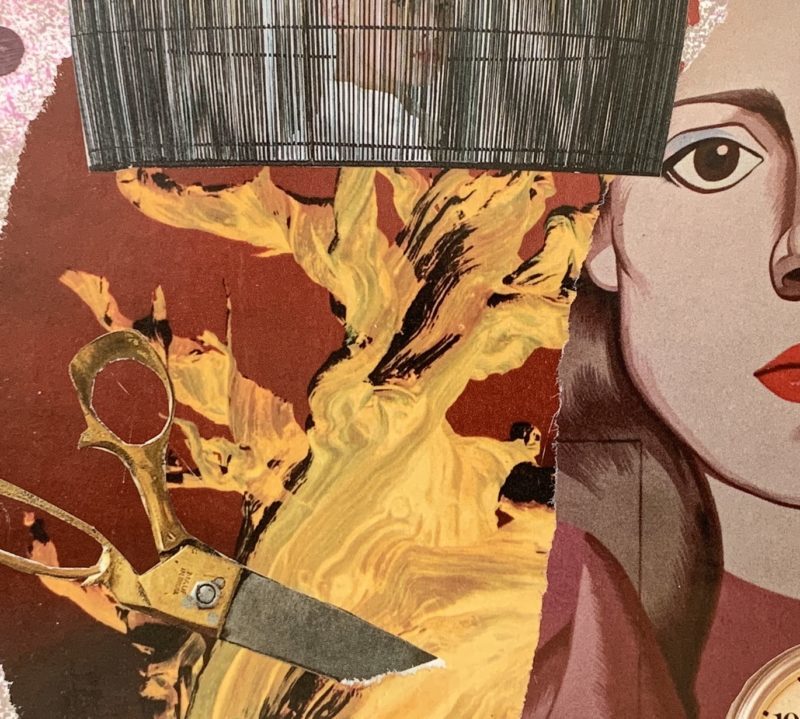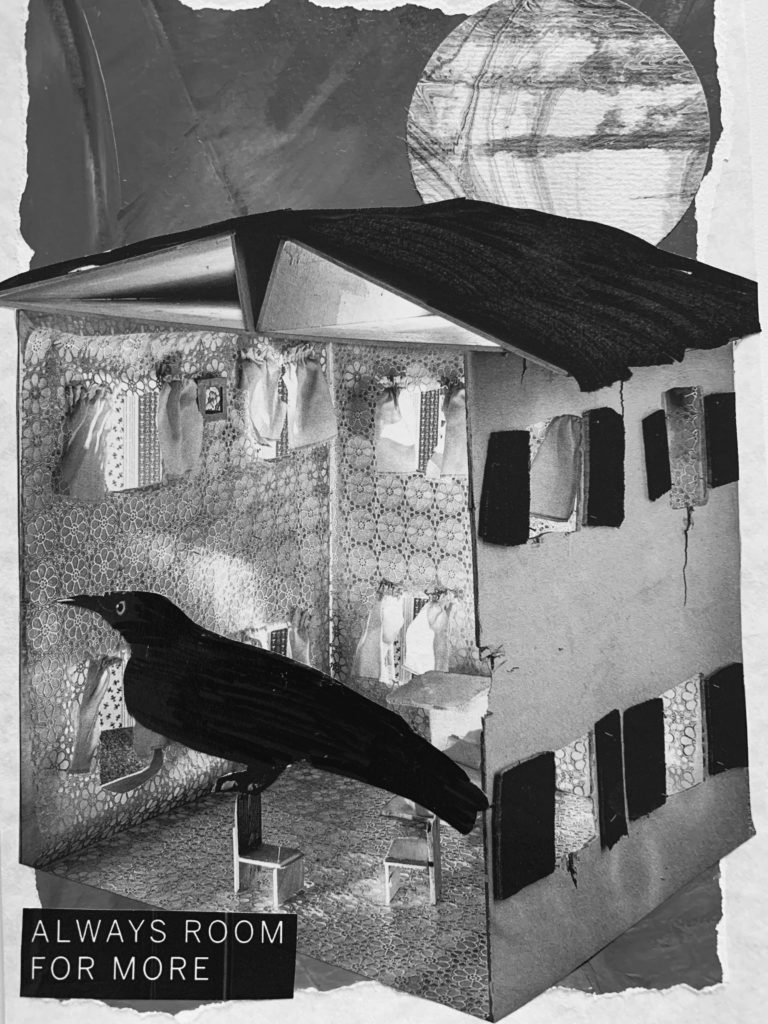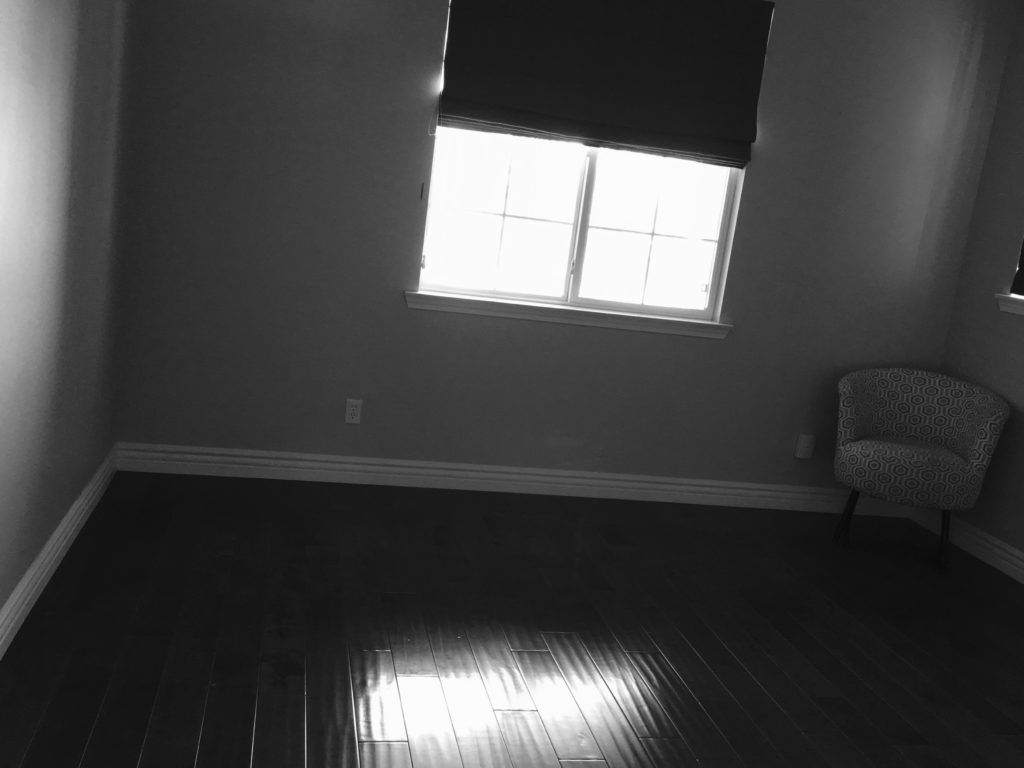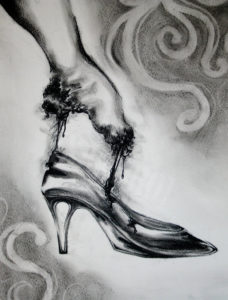
Actually, you can’t adopt a Ukrainian baby.
Here’s why
The nation’s Ministry of Social Policy has declared a moratorium on adoptions because of the war. They clearly state that “under current conditions inter-country adoption is impossible.”
The National Council for Adoption in the U.S. states that the identities of Ukrainian children and their legal, social, and familial status cannot be verified at this time, and this is not the appropriate time for adopting them.
But still, the persistent persist. A crusade to capture “orphans” in the name of Christianity charges forward. And the brazen unscrupulousness is enough to bring you to your knees. Because Evangelical Christian adoption is a serious thing. A devoutly serious thing. Devoutly serious Christians want to do good. Or do their version of doing good. However, international adoption has not been unabashedly good.
A brief history
Japan, Germany, and Korea
After World War II the plight of Japanese “orphans” and German “orphans” began attracting attention in the U.S. However, these children were likely not orphans at all. They were the offspring of departing U. S. servicemen, and often stigmatized for their mixed race status. This made it difficult for their mothers to raise them. So organizations promoting adoption of these children sprang up. Lots of organizations. And of course, lots of money changed hands.
Then came the Korean War and the Holts. You’ve maybe heard of them if you’re at all familiar with international adoption. They were an Evangelical couple from Oregon. After the Korean War they adopted eight Korean children. Laws were changed to make this possible.
The idea caught on. More laws were changed. Proxy adoptions became popular. Therefore, American couples did not even have to appear in a foreign country’s courts to finalize the adoptions. According to the University of Oregon Adoption History Project, Americans adopted 15,000 foreign children between 1953 and 1962. The Holts and the agency that grew out of their family adoption project were thought to be the gold standard in international adoption for a long time.
Viet Nam, etc. etc.
If you’re of a certain age, you might remember Operation Babylift as Saigon fell at the end of the Viet Nam War. That story had a second chapter as some of the “orphans” brought to the U.S. returned to Viet Nam and sought their birth families. In fact, many foreign adoptees have returned to their homelands seeking family members that were there all along.
The sources of children for international adoption were endless. The one child policy in China. The Ceausescu orphanages of Romania. The conflict in Ethiopia, the earthquake victims of Haiti, the poverty in Latin America. This is not a complete list, by any means. Wherever disaster strikes, adoption agencies swoop in.
What we know now
What we know now is that foreign adoption is even more complicated than domestic adoption. Every adoption begins with loss. But foreign adoption begins with every loss. Mother, family, country, culture, language, cuisine. All gone.
The word is out that Ukrainian children are not fair game for adoption right now. It seems unlikely that everyone wants to hear that message. But maybe the tide is turning. Bethany, one of the most fervent Christian agencies, now has a new stance. According to an article in the Atlantic a few months ago, that stance is family preservation. Yes. Family preservation.
And..I hate to rain on the preservation parade, but that’s probably why the surrogacy business is booming.








